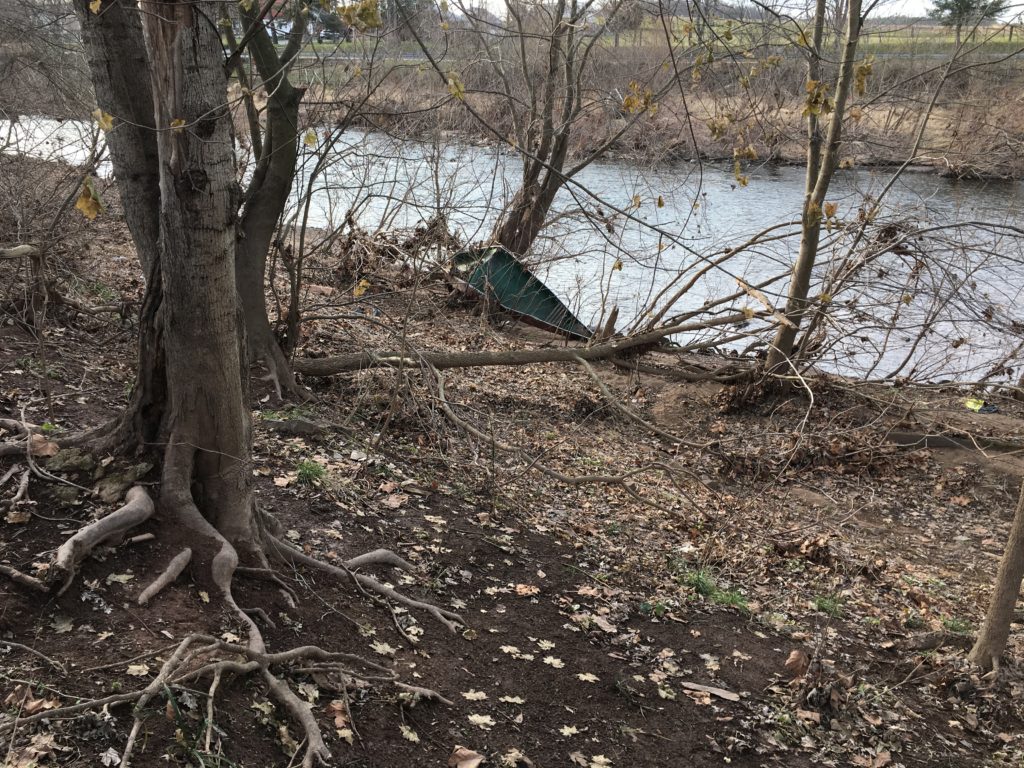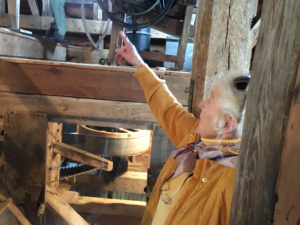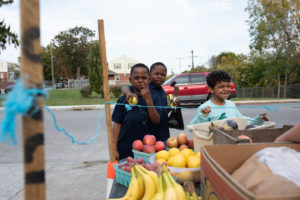Lynching, Civil War era
Northwestern York County
Near Detters Mill
The situation
The green hills of Warrington Township were home to peace-loving Quakers. In fact, the Society of Friends still meet here in the Warrington Meeting House. In nearby Washington Township, pacifist Brethren quietly farmed. Further, a settlement of a particular type of these German Brethren formed on the banks of the Bermudian – Seven Day Baptists affiliated with the Ephrata commune.
But in the days following the Battle of Gettysburg during the Civil War, a violent moment was the talk of farmhouses around the Warrington region.
A Black man, unknown in those parts and possibly left behind by Albert G. Jenkins’ or Jeb Stuart’s invading Southern cavalry, was seen riding a fine horse. Blacks often accompanied Confederate units, serving as teamsters or personal servants. A couple of days later, the Black man was still in the area, though he had been warned to leave. By now, he was suspected of horse thievery. Six local residents, including three Spahr brothers, found him in a southern Warrington Township quarry near Detter’s Mill. One of the pack leveled his gun and fired at least three shots at the Black man, killing him. At a coroner’s inquest, two residents pushed for the six to be arrested.
A grand jury later convened in York under Judge Robert Fisher, but lacking sufficient evidence, the charges were dismissed. Two scholars who studied the slaying say race may have played a role. Any errant Rebel thief, irrespective of race, likely would have been lynched given the severity of horse thefts in the Confederate raid. This is the only case of vigilante murder known to have occurred in this era.

The witnesses
Northwestern York County’s John E. Wells and David Cadwalader were the two men who argued for the arrest of the assailants – a brave position that no doubt pitted neighbor versus neighbor. The burial place of the unidentified dead man is unknown.
The questions
- A lynching is when someone is murdered without due process. This means they were not tried in court by their peers, but rather, found guilty by a group of individuals (like a mob) who capture, judge, sentence, and execute. What are the dangers of drawing conclusions without collecting all the evidence? How do we judge people (even on social media), deciding their fate based on minimal information?
- A man was killed because people assumed he stole horses. Even if he was a horse thief, he lost his life over animals. Do people today still value possessions over human life? How can we do a better job at showing empathy and understanding instead of jumping to conclusions?
Source: James McClure’s “East of Gettysburg;” For more details, Scott Mingus: “A murder in Warrington Township.” Dennis W. Brandt’s “From Home Guards to Heroes.” James McClure, photo.
— By JAMIE NOERPEL and JIM McCLURE




Pingback: Unsung York County Civil War sites to visit - Witnessing York
Pingback: Hometown History, Season 2 - Exploring people & issues - Witnessing York